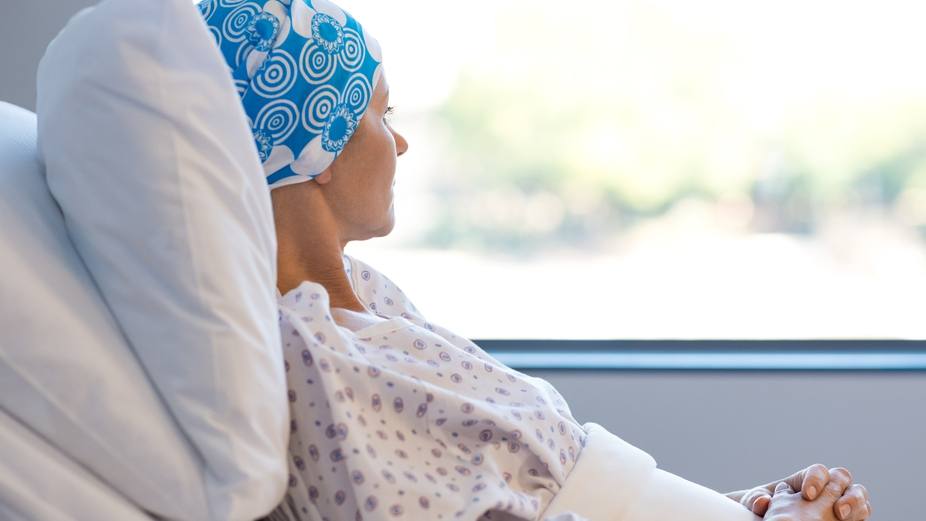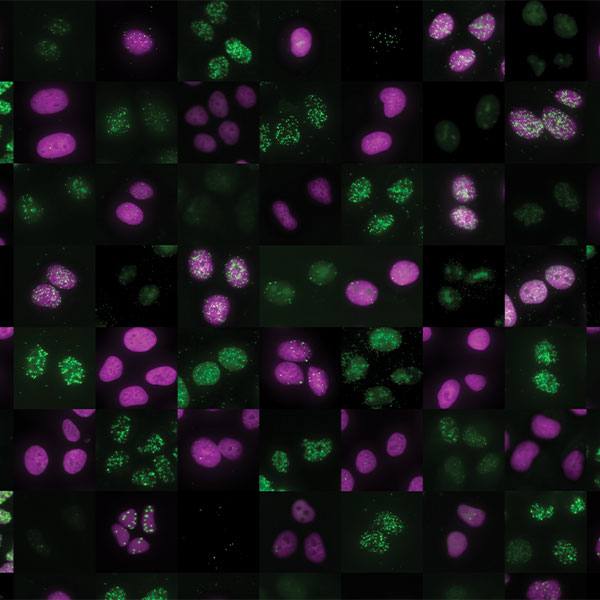-
COVID-19: What patients with cancer should know

Older adults and those with serious chronic medical conditions, such as heart disease, diabetes and lung disease, are at higher risk of developing serious complications if infected with SARS-CoV-2, the virus that causes COVID-19.
But what about patients with cancer?
Cancer patients may be at a higher risk of infection and more severe symptoms, though temporarily, due to weakened immune system from cancer treatment. "However, we have very limited information at the present time," says Dr. Rafael Fonseca, a hematologist and interim executive director of the Mayo Clinic Cancer Center.
Dr. Fonseca says he and his team are receiving many questions from patients with cancer who are concerned and want to understand better what a potential with COVID-19 infection might mean. "From what we know, infection with COVID-19 seems to be more difficult, more aggressive and with worse outcomes in people who are, in general, unwell and are of advancing age. And what we're seeing is this is predominantly in older males that we have seen the effect."
Watch: Dr. Rafael Fonseca discusses COVID-19 and patients with cancer.
Journalists: Broadcast-quality sound bites with Dr. Fonseca are in the downloads at the end of the post. Please courtesy "Rafael Fonseca, M.D. / Hematology / Mayo Clinic."
"We don't fully understand the implications of having cancer and being infected with SARS-CoV-2, but what we are telling patients, as we’re getting these questions, that until we know more, it is prudent for them to be extra cautious and, hopefully through those behaviors, prevent them becoming infected. So be extra careful with regards to the sanitation of your hands, the good practice of social distancing that we have all seen in the news, and certainly try to avoid exposure to individuals who may be potentially ill," says Dr. Fonseca.
Not all cancers act the same
"Cancer is a very broad word and could encompass a relatively minor cancer with perhaps no implications or no difference from someone who is otherwise healthy with regards to COVID-19 to a more extreme situation where a patient with cancer might be facing a situation of a more advanced disease or a treatment that might be more immunosuppressive, that is, that would bring the immune system down more than average and then, particularly in those groups of patients, we might think of a different way to approach their care."
"Furthermore, some treatments may affect different how a person may be able to fight off an infection or not," says Dr. Fonseca. "Some of the treatments that bring down a certain type of white cells create what we call myelosuppression, that is, the neutrophils are down. That is usually thought of to be more important for bacterial infections. Some other cancer treatments may affect more the way our immune system responds, and there’s a number of cells there like the lymphocytes. So maybe that’s more important for viruses. But this is all speculative because we really don’t have information at this point.
Dr. Fonseca encourages patients with cancer to have ongoing conversations with their oncologists for information on their specific cancer and their treatment.
To reduce infection, consider these tips:
- Avoid contact with people who are sick.
- Practice social distancing.
- Wash your hands often with soap and water, or use an alcohol-based hand sanitizer.
- Avoid touching your eyes, nose and mouth if your hands aren't clean.
- Determine who can care for you if you become ill.
Also, consider these recommendations for supplies:
- Contact your health care provider to ask about obtaining extra necessary medications in case you need to stay home for a prolonged period of time.
- If you cannot get extra medications, consider using mail-order for medications.
- Be sure you have over-the-counter medicines and medical supplies, such as tissues, to treat fever and other symptoms. Most people will be able to recover from COVID-19 at home.
- Have enough household items and groceries on hand so that you will be prepared to stay at home for a period of time.
Check the CDC website for additional updates on COVID-19.
For more information and all your COVID-19 coverage, go to the Mayo Clinic News Network and mayoclinic.org.







